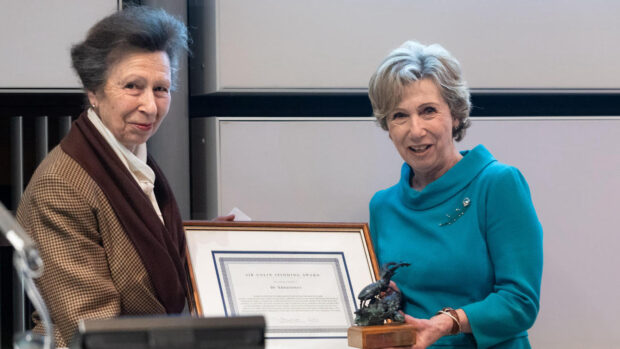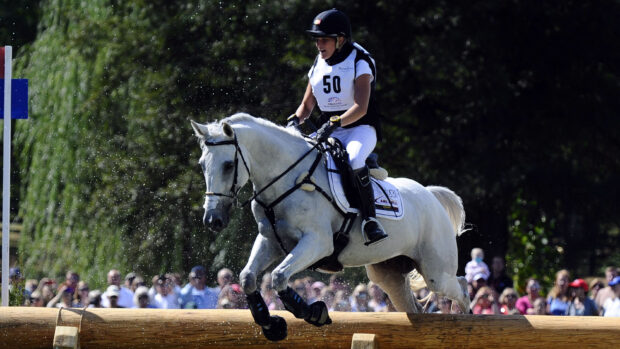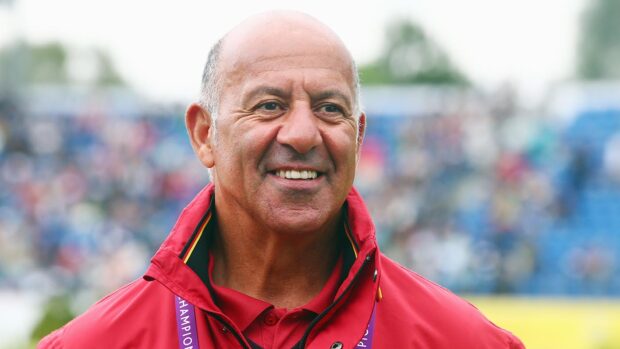A small village in the East Riding of Yorkshire hosted the 500th running of England’s oldest horse race this week (21 March).
The Kiplingcotes Derby dates back to the reign of Henry VIII and traditionally takes place on the third Thursday in March.
The testing terrain of the four-mile race incorporates roadside verges, ditches and farm tracks, and entries are open to any contenders who turn up on the day.
The ancient rules of the unusual contest — which were discovered in a bank vault, dating the race to 1519 — dictate that the second-placed rider receives more money than the winner. While the first past the post pockets £50, the runner-up lands the total of all the entry fees.
They also state that if the race cannot be run it must forfeited for ever and three times in the race’s history it has been called off, leading a lone horse and rider to negotiate the course to preserve it. The first was in the harsh winter of 1947, the second during the foot and mouth outbreak of 2001 and the third in 2018 because of a heavily waterlogged track.
This year, the race was back on for its historic 500th edition, and was won by former jockey Tracey Corrigan and her eight-year-old point-to-pointer Frog, who headed-up a 36-strong field.
It is the fourth time in six years that 57-year-old Tracey, who is based in Scarborough, has lifted the trophy and it was a poignant triumph.
“My horse who I was going to take, Bob (who has won the race before and been second twice), broke his leg on 13 March, so I brought a failed pointer who I didn’t even think would get round,” said Tracey, whose four triumphs have been with four different rides.
“My friend who is nearly 70 came with me, riding my daughter’s pony, and I originally planned to just stick behind her and make up the numbers, but then I overtook.”
Experience is a bonus in this race, where horses need to canter down broad verges without spending too much time on the road.
“I have been training Frog for this for the last four weeks,” said Tracey. “I do a lot of my galloping at home on verges anyway, so my horses are used to listening to my leg and moving away from ditches.
“The road crossings and the ditches are the biggest hazards, and you have to be careful crossing,” she explained.
While walking the course is often vital to pick the safest routes, Tracey said that this year’s going was “perfect”.
Continues below…

Seventy-year-old clippers could be the oldest in the land
Clipper manufacturers Lister have found what they believe are the UK's oldest horse clippers in their centenary year

Tales from Rio: ‘We used to draw our Paralympic horses out of a hat’
Meet Anne Dunham, the oldest athlete at the Rio Games who remembers competing on borrowed horses at the inaugural Paralympic

Subscribe to Horse & Hound magazine today – and enjoy unlimited website access all year round
“Most years I’ve walked it, I have to work out which puddle to go in as sometimes they are a foot deep,” she said.
Frog’s win marks a turnaround for the horse — who usually has a tendency to “give up” before the end of a point-to-point.
“He was hand-reared and is a bit of a quirky character,” Tracey said. “Last year I tried him out hunting and he was a nightmare but we’ve since treated him for ulcers and I think I could take him now.
“He acted like he’d had enough but when I gave him a kick he carried on, so I’d like to try him in another point-to-point now,” added Tracey, who donated her winnings to the air ambulance. “I’ve not had a pointer win in two years but at least I can say I have won four derbies!”
For all the latest news analysis, competition reports, interviews, features and much more, don’t miss Horse & Hound magazine, on sale every Thursday.





